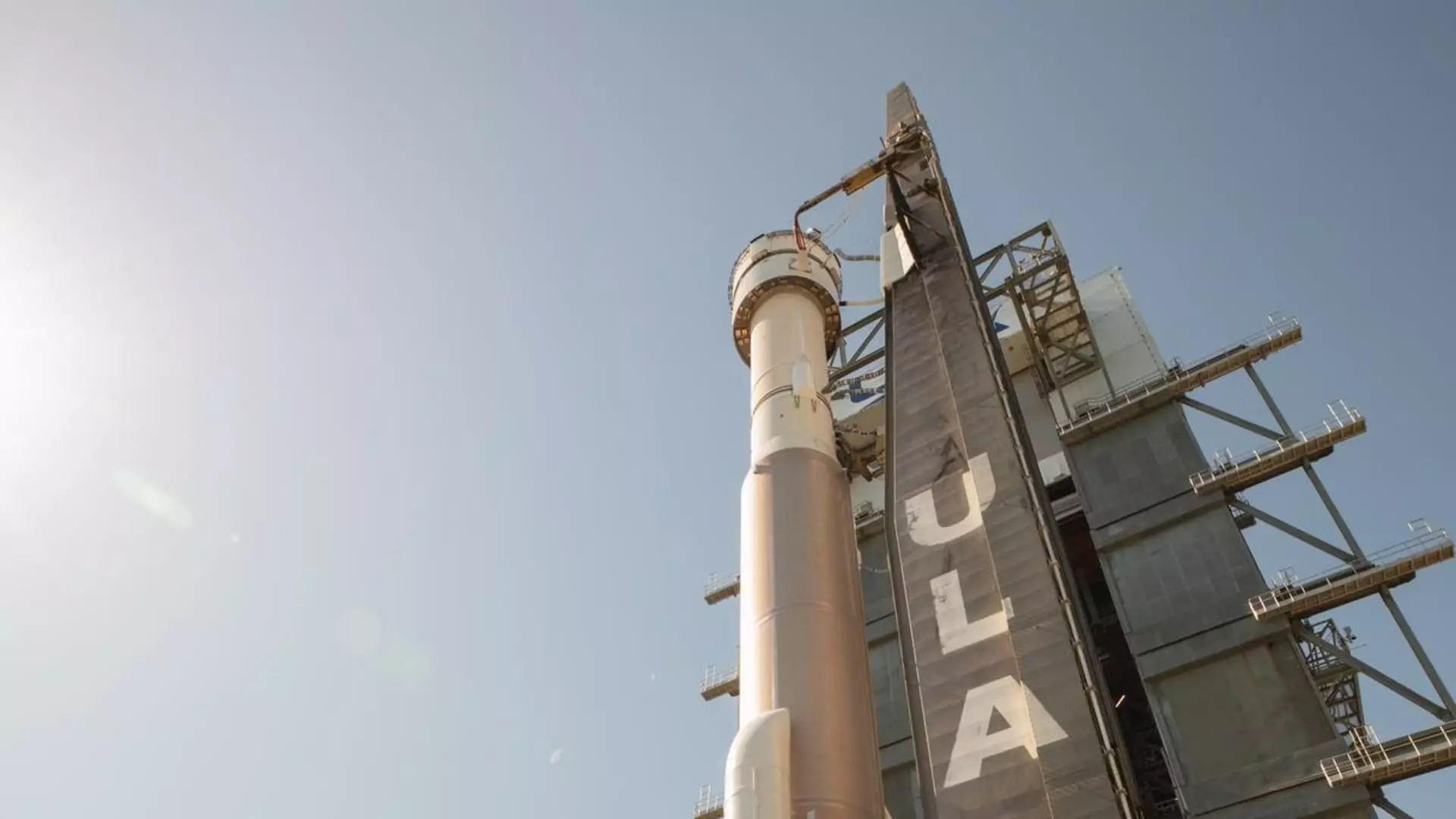Boeing’s highly anticipated Starliner flight, carrying astronauts to the International Space Station, faced a last-minute delay. The launch, scheduled for June 1, was halted with under four minutes remaining in the countdown due to an unspecified reason. NASA and Boeing are working together to determine the cause of the hold and plan to reschedule the launch for a later date.
This is not the first setback for Boeing’s Starliner program. In early May, a launch attempt was called off due to an issue with the rocket. NASA and Boeing discovered a small helium leak in the spacecraft, which led to a series of assessments to address the problem. Despite these setbacks, officials have stated that the leak is not a safety issue and can be managed.
Boeing’s Starliner program has faced stiff competition from SpaceX’s Dragon capsule, which has been successfully flying astronauts to the ISS since 2020. Starliner’s delays have cost Boeing $1.5 billion in expenses and have put it in a backup position for NASA. The agency has even reassigned astronauts from the first Boeing crew flights to SpaceX missions.
The crew flight test on Saturday was supposed to be the final major step before NASA certifies Starliner for regular missions. Astronauts Butch Wilmore and Suni Williams were on board for the test, with Wilmore serving as the commander and Williams as the pilot. The test was crucial to demonstrate the capabilities of the Starliner system for future missions to the ISS.
Boeing’s Starliner capsule is designed to carry up to four NASA astronauts and more than 200 pounds of research and cargo per flight. It is equipped with a parachute and airbag system for landing and is reusable for up to 10 missions. The spacecraft is intended to be a reliable mode of transportation to and from the ISS for NASA astronauts.
In the event of a successful launch, the Starliner was set to spend approximately 25 hours in space before docking with the International Space Station. The crew would then spend a week on the ISS conducting tests and experiments before returning to Earth. This mission was crucial for proving the capabilities of the Starliner system for future crewed missions.
The delay of Boeing’s Starliner crew flight test highlights the challenges and complexities of space travel. Despite setbacks, the collaboration between NASA and Boeing continues to push the boundaries of space exploration. The rescheduled launch will be a critical moment for the future of the Starliner program and its role in NASA’s space missions.


Leave a Reply